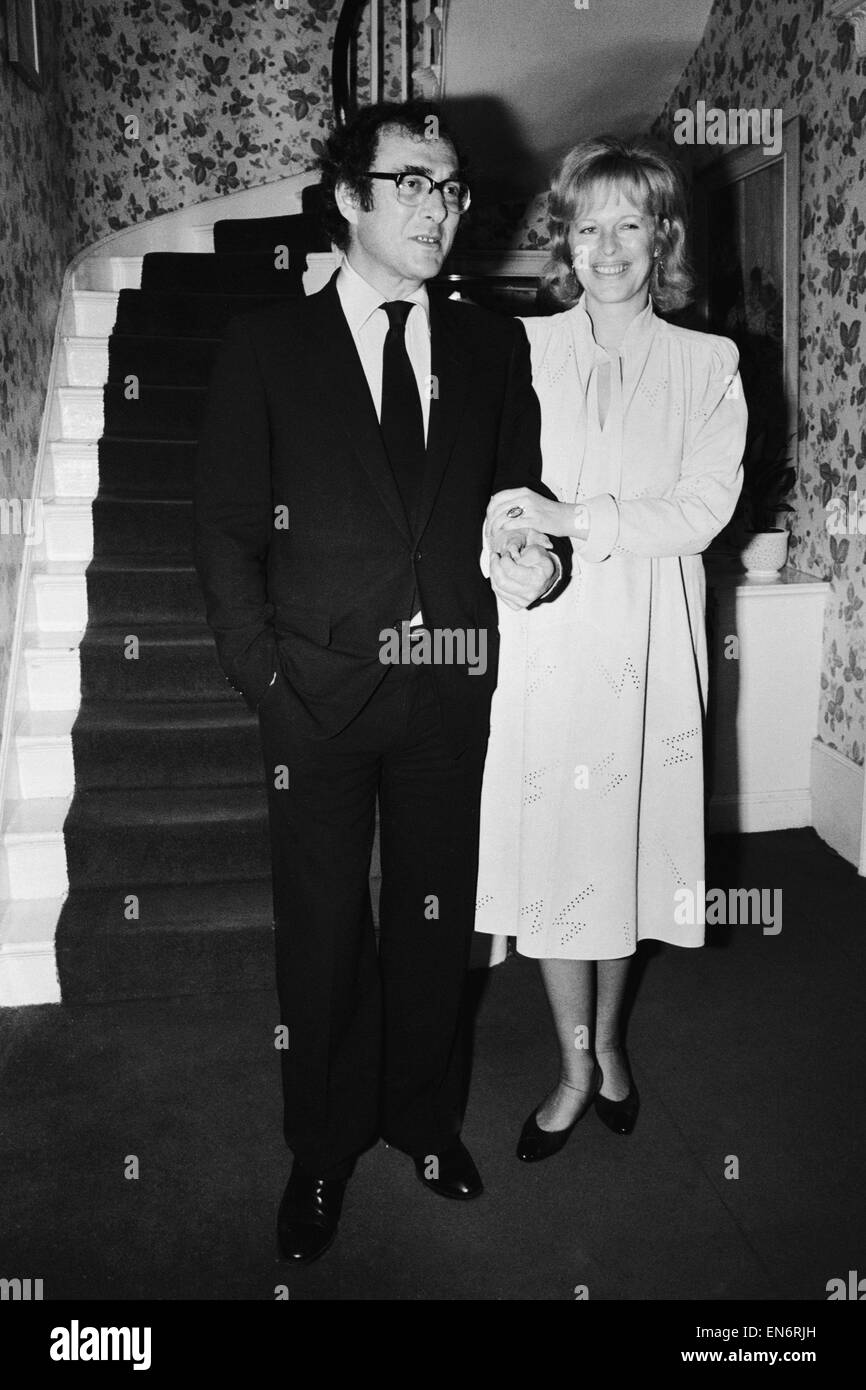

Meanwhile the thrum of history - the Thatcher years, the Iraq war, unrest in Latin America and Kosovo - grows louder as Pinter becomes more vocal in his view that artists should speak out on political questions. We follow the couple on romantic visits to Paris and Venice, trips to Broadway and to locations where Pinter’s screenplays were being filmed, as well as on cultural missions to Eastern Europe before and after the fall of Communism.

Pinter, 44, was married to the actress Vivien Merchant, with whom he had a son.įraser takes us behind the scenes at the plays Pinter wrote, acted in and directed, and recalls the moments when new works first took shape in his mind. Fraser was 42, the mother of six and the wife of Sir Hugh Fraser, a Conservative member of Parliament. In snippets, mostly jotted down soon after an event, Fraser recounts the secret trysts and public drama that set the paparazzi in pursuit of the pair when they left their spouses to live together. Having served as a touchstone between them, the phrase assumed a sadder resonance when Pinter died of cancer in December 2008. The title refers to the fateful question Pinter asked Fraser, detaining her at a dinner party she was about to leave, after which they fell in love. In a preface, she quotes Shakespeare - “O! call back yesterday, bid time return” - to explain why she has culled her diaries and added explanatory notes to construct a chronological narrative of their affair and subsequent marriage.

The longing to inhabit a dream of this sort is presumably the impetus behind Antonia Fraser’s decision to write “Must You Go?” a memoir of her 34-year relationship with the playwright Harold Pinter. Then we wake, remember the truth and feel a pang as sharp as any we suffered in the early days of mourning. How happy we are to see them, to hear their voices, to realize how absurdly mistaken we were to think them lost forever. Years after the death of loved ones, we may find ourselves dreaming that they are alive.


 0 kommentar(er)
0 kommentar(er)
